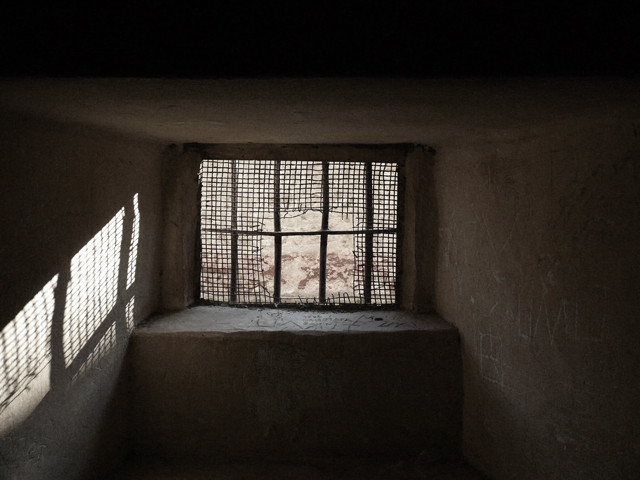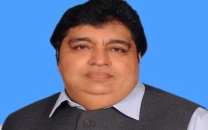Transfer of inmates: Trust wants return of female Pakistani prisoners in UAE
The court was pleaded to direct the respondents to ensure immediate transfer of Pakistani female prisoners

The Sindh High Court (SHC) granted on Tuesday another three weeks to the interior and the foreign affairs ministries to file comments regarding the efforts being made to bring home the Pakistani women that have been sentenced and imprisoned in the United Arab Emirates (UAE).
A division bench, headed by Justice Ahmed Ali M Sheikh, granted time on the request of the standing counsel, A Qadir Mangi, who represented the federal authorities.
The Sarim Burney Welfare Trust International had gone to court for a direction for the Pakistani authorities to expedite the process of bringing home the women convicted by the courts of the Gulf state.
The interior ministry, the foreign affairs ministry, the provincial home secretary and the UAE government, through its consul-general at Karachi, were named as respondents.
According to the trust’s administrator, Rashida Shakir, the then Pakistani interior minister Rehman Malik and UAE Interior Minister Sheikh Saif Bin Zayed Al Nahyan had signed an agreement in Dubai in February 2012 for the transfer of the sentenced prisoners.
Subsequently, the Sarim Burney International Trust had requested the president and the prime minister, as well as the director-general of the foreign affairs ministry, for the transfer of all Pakistani female prisoners who are being kept in different prisons.
The trust claimed that the president’s secretariat had, on May 29, called the details of all the women languishing in foreign prisons from the foreign affairs secretary. “Since 2012, no efforts have been made by the Pakistani government for the transfer of the prisoners, especially the female ones, from UAE to Pakistan,” claimed Qadir Hussain, the trust’s lawyer.
Right to life
The lawyer argued that Articles 4, 9, 14 and 35 of the Constitution provide that no person shall be deprived of life and liberty, except in accordance with the law and that their family shall be protected by the state. “The Constitution guarantees protection against any attack on life or liberty of a person and his family, subject to the law,” said the lawyer, adding that the word ‘life’ included the right to live in a clean atmosphere, where fundamental rights were guaranteed and protection from encroachment on privacy and liberty was ensured.
“Under Article 8 of the agreement, the sentenced person may be transferred if they are a national of the administrating state,” he added.
The trust named seven women who have been given sentences exceeding a period of 10 years. Three of the prisoners - Samim Akhtar, Fashola Rohi and Sehrish Kazmi - are sentenced for 25 years. The other four - Nazia Jahangir, Taiba Rani, Asma Ghulam and Sajida Farzand - have been sentenced for 15 years.
The trust maintained that the prisoners should be transferred to their country of origin to serve out the remaining sentences in accordance with the provisions of the agreement.
The court was pleaded to direct the respondents to ensure immediate transfer of a total of nine Pakistani female prisoners from UAE jails to Pakistan.
During Tuesday’s hearing, Mangi requested for more time to file comments of the federal authorities, who could not do so despite the issuance of a notice on the last date of hearing. The bench allowed him his request and directed the office to fix the matter after three weeks.
Published in The Express Tribune, August 27th, 2014.



















COMMENTS
Comments are moderated and generally will be posted if they are on-topic and not abusive.
For more information, please see our Comments FAQ